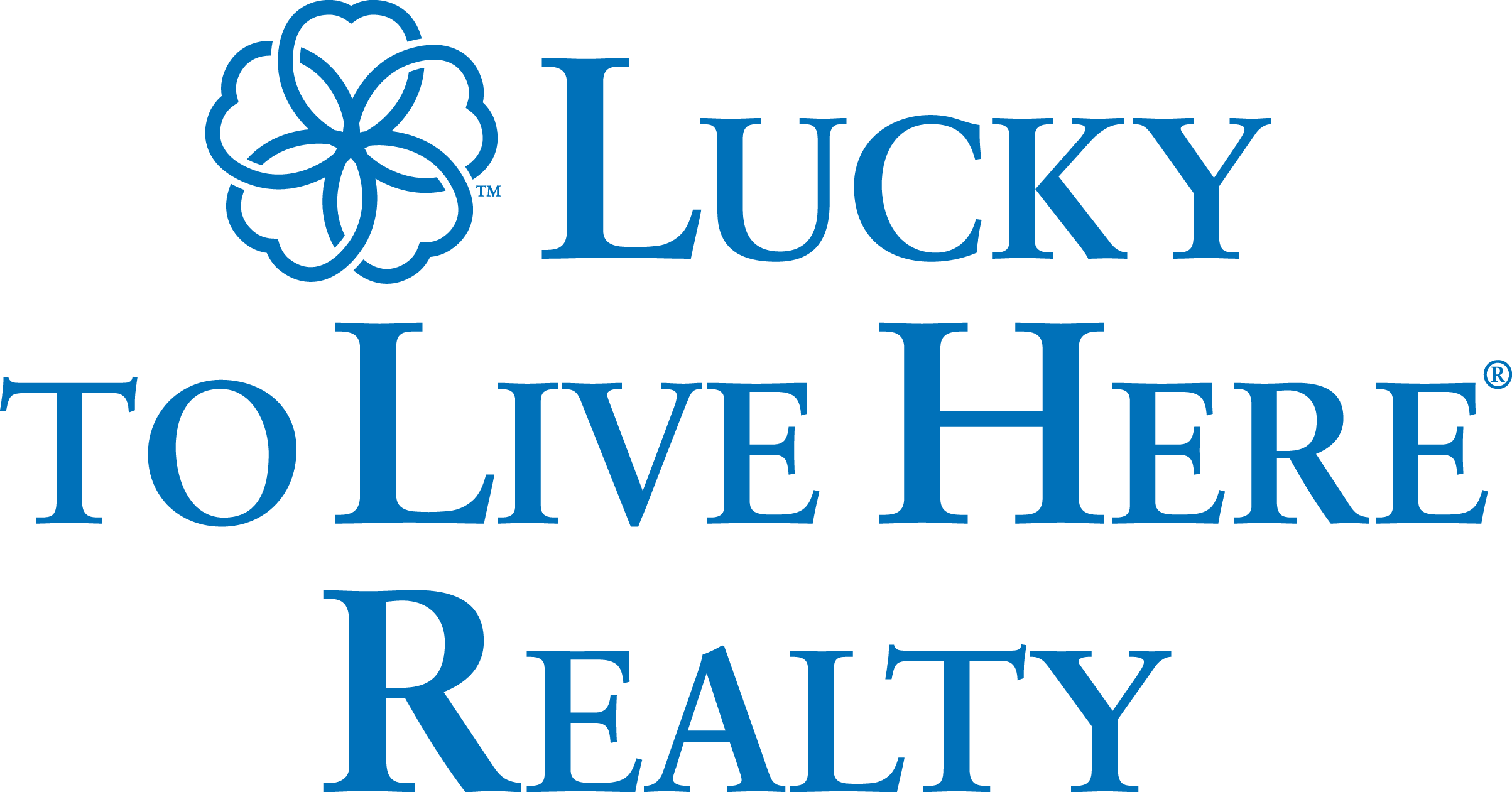The Difference Between a House, HOA, Co-op and Condo
What's the difference?
Single Family House, HOA, Co-op and Condo
Single Family House
The most familiar type of home ownership is the single family house. The homeowner owns the home, granted by a deed . This is a stand alone structure, unlike a co-op or condos that are attached together. This type of house is yours to decorate how ever you like. The only restrictions are those imposed by the local municipality like your Village, Town, County and State. Some examples would be that you need to keep your grass below a maximum height (like 18 inches) and that sheds and fences need to be set back a certain distance from the property line. To expand and for some updates like more bedrooms or bathrooms, you need permits from the local municipality. Aside from that you do what you want to and in your house.
Home-Owners Association (HOA)
A HOA stands for a Home-Owners Association. This is most commonly made up of a group of single family homes and are often built by a single developer so that they are very similar in appearance. The original Levittown homes are an example of this similarity. The homeowner owns the home, granted by a deed. Homeowners in the development make up the HOA Board and are usually volunteers who are elected. The same restrictions are imposed by the local municipality like your Village, Town, County and State. However the Association adds additional restrictions such as all homes must have an exterior paint color limited to a few choices. Some won’t allow cars to be parked overnight on the street. Some won’t allow any type of commercial vehicle or RV parked outside overnight anywhere. There are rules about maintaining the outside of the home to a certain standard. Fences, roof color and mailboxes are also usually of a limited choice. These restrictions ensure that the whole neighborhood maintains a high standard and so their value remains high. There are common area like a green space that are maintained by a fee all the homeowners contribute. This fee can be used for other common space amenities as well such a pool, clubhouse or golf course. HOA fees are shown as part of a listing and it is an additional charge to consider when purchasing.
Condominium
This is a type of home that is attached to other homes. The homeowner owns the unit and a percentage of the common areas such as the hallway, any amenities like a clubhouse or pool, parking areas etc. They are financed the same way a single family home is. There are common charges that are an additional monthly fee that is used towards the maintenance of the common areas such as mowing the grass and shoveling the snow. For major repairs such as roofs and repaving driveways condos charge the owners a special assessment that is an additional fee that can last for several months to several years to cover the expense of major improvements. When looking at any condos it is important to ask if there are any assessments coming up or currently active. Condos are taxed like a single family home, so the taxes are the condo unit owner responsibility. The advantage to many people is that there is no exterior maintenance that the homeowner is responsible for such as snow removal, lawn mowing or pool maintenance. Homeowners only need to worry about what is inside their own unit as far as maintenance.
Cooperative (Co-op)
Co-op are another type of attached housing. The homeowners does not own the unit but owns shares of stock in the corporation which owns the building. Those shares entitle you to a portion of the building, your unit, and a portion of the common areas. A co-op board must approve of the sale as well as approve of the new buyers. There are monthly maintenance fees which are often higher than a condo or HOA. The reason is that they include real estate taxes, underlying mortgage to the building, staff fees and sometimes other items such as basic cable, electricity or heat. How much maintenance shareholders pay is determined by how many shares they own. Those who own more bear more of the cost but they also hold more decision-making power. The co-op is run by an elected board of directors. The board makes the decisions that support and maintain the building. Its job is to ensure that the building is financially stable, that problems or conflicts are resolved, and that the building runs smoothly and efficiently. Like a condo, there are no exterior maintenance items to worry about.
Call/text 516-225-5636 or email [email protected]
Christina F. Tabacco-Weber | Long Island Real Estate Agents | Lucky to Live Here Realty
Christina decided that she was ready to take her life to the next step and joined the Luck...
See how much your home would sell for, today.
- Step 1
- Step 2
Thank you for reaching out!
We'll get in touch with you soon.




